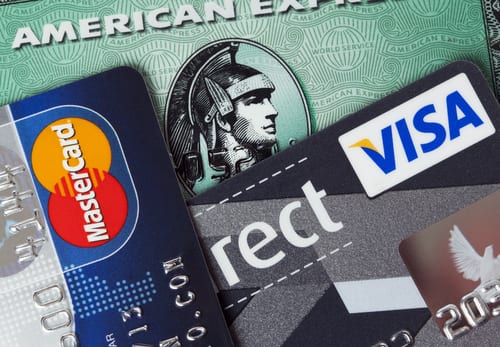Most people are more likely to change their partner than their bank. So starting a business is one of the rare occasions where you’re likely to take a cold hard look at banks and what they have to offer. But it isn’t always easy to wade through the terms and apply for the account that’s right for you. Here’s what you need to be looking for:
Do you need a business bank account?
It is possible to use your own personal bank account for business, if you are a sole trader, although you will need to keep very clear accounts. Retaining a personal bank account for business will mean that you don’t have to pay a fee to set it up or any monthly fees.. That said, don’t rule out the new challenger banks, many of which don’t differentiate between personal and business accounts. Limited companies or partnerships are legally obliged to use business bank accounts.
Be clear about fees
Professional accounts charge fees for numerous services which are often free for personal accounts, so it’s worth knowing exactly what you’ll be paying for before you dive in and open an account. Be sure to shop around and use price comparison sites when looking at commercial accounts – and read the small print for any charges. Some banks offer attractive offers, like free accounting software and a period of free banking. Weigh this up against how they compare for customers 2 or 3 years further along.
Interest rates
Interest rates vary across accounts and it’s vital that you know what you’d be paying if your business were to suffer. The Bank of England finally announced a rise in the Base Rate, up to 0.5%, and many banks will soon apply this to their interest rates for any borrowings.
However, if you have a savings account, the bad news is that interest rates may still barely make it barely worth your while – you might get a rate of around 1%, if you’re lucky, but possibly as little as 0.1%. Some banks won’t pay any interest at all if your balance drops below a certain rate.
Watch out for add ons
Be aware that many additional facilities that you’re offered will come at a cost, so don’t say yes to everything. Even the smallest offers can soon build up in cost – do you really need a foreign currency account and all types of cheque payment facility?
Plan for future borrowing
An overdraft facility might be imperative for many businesses, and even though it may come at a cost this would surely be preferable to entering into an unauthorised overdraft.
In the embryonic stages of a company’s formation, when a founder may be inexperienced and there may be a high level of experimentation, it’s common to borrow. In that regard it may be beneficial to set up an overdraft in advance, which may be subject to a renewal fee every 12 months – preferable to damaging your credit rating and incurring sterner penalties for an unauthorised facility.
When you open an account some banks may offer you a loan to support your business in its early stages, and the conditions around this might be part of your criteria for opening up an account in the first place. The process will involve looking at the investment you’re making and the bank’s investment in you, the amount, the term, and the repayment.
Core features
At the bare minimum, features that your online account should include PINsentry protection, a mobile app (if possible), online cloud storage, and notifications of transactions that were denied or similar.
These should be the starting points for your consideration. Know what you need, and what you don’t need, and then find the bank account that works for you.

